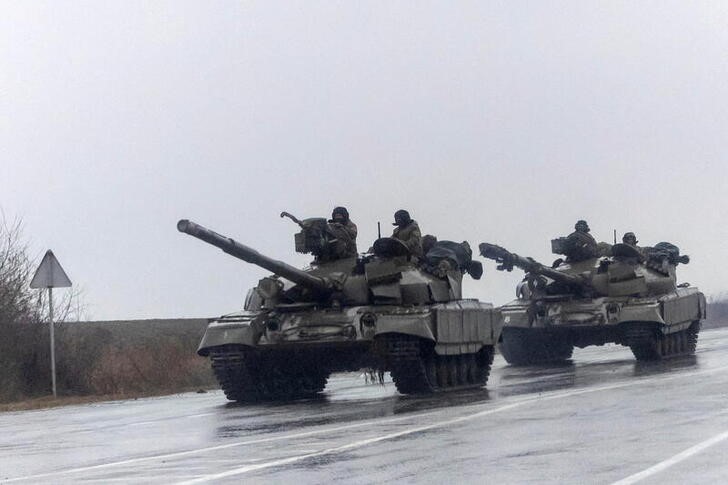Investing.com - As the invasion of Ukraine persists, Russia finds itself transitioning into a complete war economy, affecting both its financial state and the well-being of its citizens. Christoph Bluth, an international relations professor at the University of Bradford, highlights how military spending is not only draining resources but also impacting ordinary Russian lives.
In response to Western sanctions and increasing military expenditures – estimated at around $90 billion per year by the German Council on Foreign Relations – Russia has intensified efforts to manufacture more weaponry. The government and local banks are reportedly providing substantial loans to arms manufacturers. However, this shift in focus has led to everyday Russians feeling the consequences.
According to Bluth, with many goods usually supplied by Western nations now being substituted in their economy, half of those surveyed by research firm Romir have expressed dissatisfaction with these replacements' quality. He explains that while most Russians haven't been significantly affected yet due to strategic resource allocation by the Kremlin, a prolonged conflict could change that.
Since initiating their "special military operation" in Ukraine last year, experts have noted mounting pressures on Moscow's financial situation. This ongoing conflict has deepened their budget deficit and increased dependency on other countries for evading trade restrictions imposed by Western nations.
Although some predictions suggest growth for Russia's economy in 2023 based on central bank figures, researchers from Yale argue that unidentified statistics like capital flows present a much darker outlook for the nation's future economic stability.
